More from News 12
1:56

Police: Nesconset man arrested for committing lewd act in front of young girl, mother
2:41
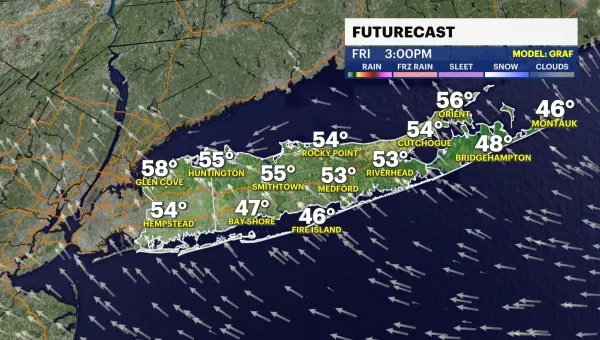
Sunny today with highs near 54; chance of showers over the weekend
0:36
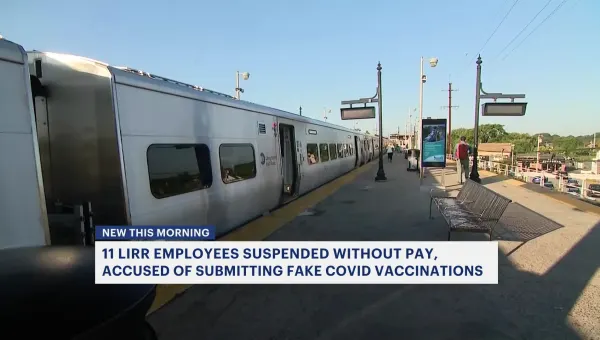
11 LIRR employees suspended without pay, accused of submitting fake COVID-19 vaccine cards
1:53

Shop Mother’s Day Gifts – Exclusive Offers Up to 75% OFF!
0:21

Islanders, fans gear up for game 3 of playoffs at UBS Arena
1:43
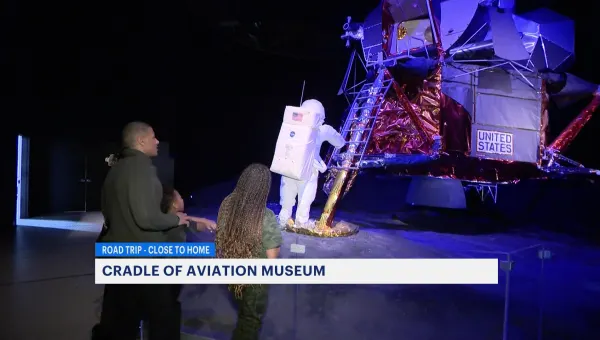
Have an out-of-this-world experience with the family at the Cradle of Aviation Museum
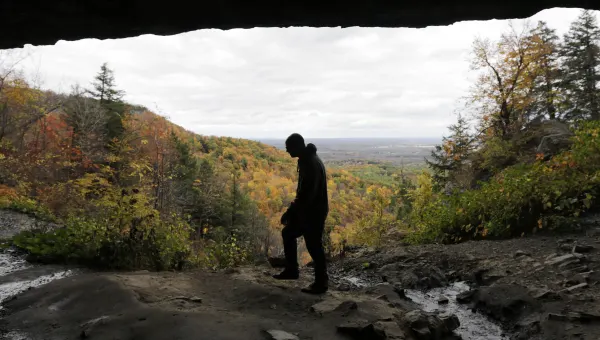
Ready to explore the great outdoors? These 14 tips can help you stay safe while hiking
1:55
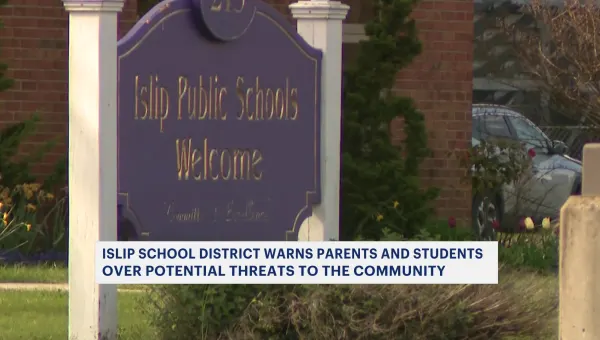
Islip School District on alert due to threat
2:17
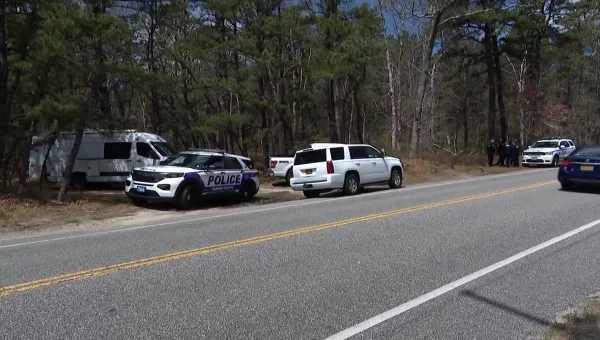
Sources: Multiple agencies search Manorville location in connection to Gilgo Beach investigation
0:25
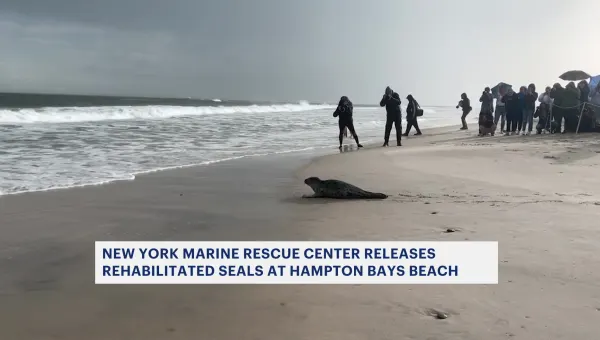
2 seals released into waters at Tiana Beach in Hampton Bays
2:01

Police: 21-year-old woman fled fatal Massapequa DWI crash in stolen town patrol car
1:43
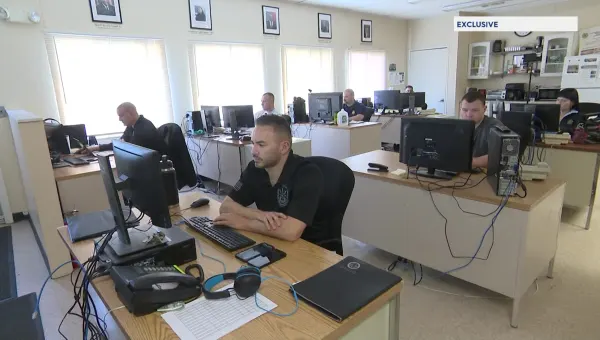
News 12 takes an exclusive look inside the Suffolk County Corrections Intelligence Center
0:20

Police: Hempstead man killed in 3-car crash on Meadowbrook Parkway
0:27

Nassau DA: South Carolina man sold 11 illegal firearms in Freeport
0:21

UBS Arena to host 2024 MTV VMAs in September
0:26

Court adjourned for two suspects in human remains case
0:31

John's Crazy Socks, Guide Dog Foundation unveil world's first tactile Braille socks
1:33

Garden Guide: What is community-supported agriculture?
1:38
